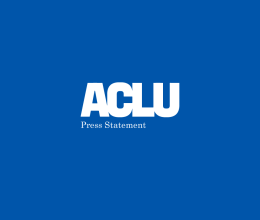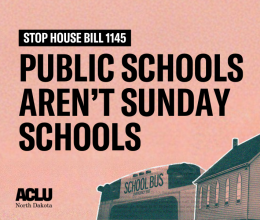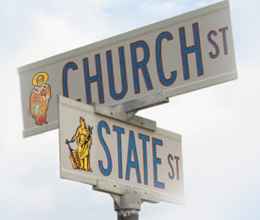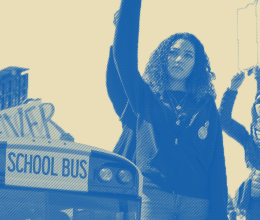
Opportunity in education. Effective education options for every child. Stimulating educational environments. This is what we want for every North Dakota student.
And that’s what our elected leaders want, too.
But restructuring North Dakota’s K-12 public education system to a “school choice” model, as the Legislature’s interim Education Committee and a separate school choice task force has been discussing, is a bad idea.
In communities across the country, private school advocates have been pushing “school choice” models, such as voucher systems where the state helps pay for a student’s private education, as a cure-all for any deficiencies in our public education system. They claim that this model is a way to empower parents to get the best educational opportunities for their children.
But “school choice” is a catch-all phrase that covers a variety of efforts to effectively privatize public education by diverting public education funds to private sources – and it’s not the universal remedy to improve our public education system that proponents claim it to be. And privatizing public education in this way has serious consequences for students, civil rights, equality, and religious liberty.
As an initial matter, decades of studies show that vouchers generally do not improve educational outcomes. For example, an evaluation of the D.C. Scholarship Opportunity Program found a statistically significant negative impact on math achievement for voucher students overall. Likewise, kindergarten through fifth-grade students, who comprise the majority of the students in the program, were hampered by statistically significant negative impacts in both reading and math. Meanwhile, participation in the voucher program had no statistically significant effect on student or parent satisfaction or students’ perception of safety.
Additionally, a Wall Street Journal analysis of a program in Milwaukee, Wis., found that “vouchers worked best when enrollment from voucher students was kept low.” However, “[a]s the percentage of voucher students rises, the returns diminish until the point when there is little difference between the performance of public and private institutions.” And “[t]he vast majority of private schools participating in the program today have high percentages of publicly funded students.” In other words, to be even mildly successful, voucher programs will not be able to assist all students. They cannot be the cure-all that proponents promise because the more voucher students a school takes on, the greater the negative impact on students’ academic performance.
Academics aside, however, civil rights protections are also undermined by “school choice” voucher programs. Private voucher schools do not have the same obligations as public schools under federal law to protect students from harassment and discrimination. Unlike public schools, private voucher schools can discriminate against students based on their religion, LGBTQ+ status, disability, academic achievement and disciplinary history. Students in voucher schools also lose key First Amendment rights, due process rights, and other rights protected by the U.S. Constitution in public schools.
Many voucher schools, moreover, are religious. Schools not only discriminate against students and employees based on religion and other grounds, but they also do not have to meet the same curricular requirements that public schools do. Many religious schools, for example, teach creationism in science class. They also incorporate religious worship into the curriculum in the form of chapel, daily prayer or daily scriptural readings and infringe upon basic principles of religious liberty by providing public funds for sectarian proselytizing.
While we applaud the interim Education Committee for doing its due diligence and studying the issue, North Dakota’s public schools need more support, not less. Our shared public dollars should support North Dakota public school students, not private institutions. True educational opportunity does not come from a program that takes public money to support schools that can discriminate and indoctrinate.
A version of this column also appeared in the North Dakota Monitor.



